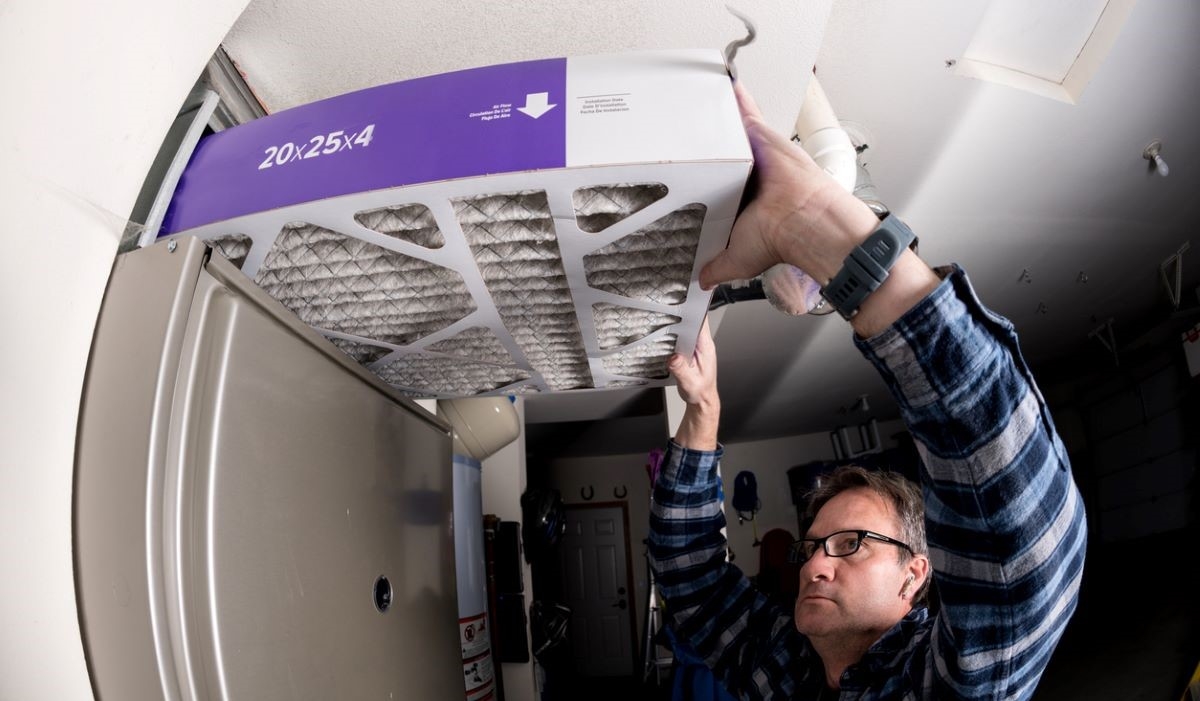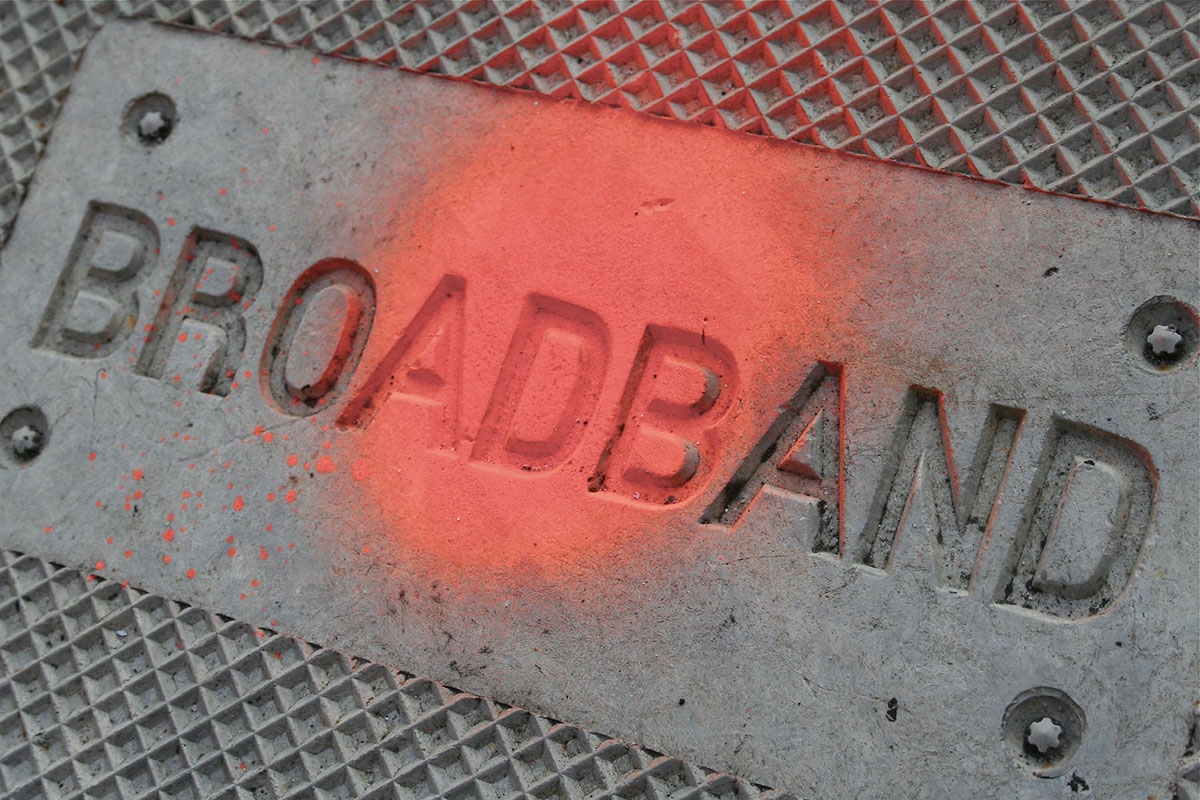
What the last two decades of ticket sales tell us about ourselves and the economy
Tickets have been around for thousands of years. And, as demand for entertainment soars, so does the economy around ticket sales. Ticket scalping is the well known practice of buying up tickets for an event with the express purpose of reselling them for a profit. This is by no means a new phenomenon, for as long as there have been ticketed events, there have been people looking to make a quick buck. However, the problem has been compounded significantly by the introduction of automation, specifically bots.
Just like many profitable economic niches, ticket purchases have become automated. Bots are able to automatically buy up multiples tickets for events by using ‘Ticketmaster proxies’ and can do so at speeds that are impossible for a person to match. This means that as soon as tickets for major events go on sale, bots immediately begin snapping them up, often relisting them on second-hand ticketing sites.
This unfair market has seen some attempts at regulation. Some musicians have taken measures to tie ticket sales to individuals in a non-transferrable way. In theory, this means that only the original ticket purchaser can use a ticket, stopping reselling in its tracks. Unfortunately, this often hasn’t proven to be the case. For one thing, many ticket scalpers will still buy and sell the tickets, even if they know that the recipient will be unable to use it.
A Perfect Storm
For the last few decades, the ticket market has seen an increasing inequality of purchasing opportunities. The live music business, for example, is a prime target for scalping for several reasons. Individually, none of these issues would lead to a massive scalping market in and of themselves. But when they are all taken together, the game is so heavily rigged against the consumer and in favor of the reseller that ticket scalping is virtually inevitable. Of course, ticketing world finds ways to fight them.
First of all, there is the pricing issue. Anyone who regularly goes to see live music can attest to how expensive it is to go to all but the smallest gigs these days. Even in cases where the artists assert themselves and insist upon ticket prices being kept at a reasonable level, scalpers know that fans are willing to pay a very high price for the opportunity to see their favorite acts. Thus, demand drives the prices up. Scalpers also know which acts make for the best targets. Fans of bands that rarely tour or rarely visit the region where the fan lives will be willing to pay an even higher price than normal. Thus, supply is also to blame.
The initial price sellers and promoters are caught between a rock and a hard place. The lower their prices are, the more tickets they will sell for events. The more people at a gig, the more concessions they will sell. But those low prices only make things more attractive for scalpers, who snap up all the tickets.
Actual attendees often end up paying a much higher price than the promoters set because scalpers snap up all the cheap tickets. If promoters priced their tickets higher, they would be much less attractive to scalpers. However, promoters are risk-averse, they don’t want to be seen to be charging an unreasonable price, even if many attendees will ultimately have to pay an even more unreasonable price as a result.
The market itself almost seems to be set up for the scalpers, not for the fans or the buyers. For one thing, an individual who wants to buy a ticket for themselves will do so the right way – by heading to the website when the sales go live and going through the checkout procedure. Of course, lots of other people will be trying to do the same thing and so for the most in-demand events, even without scalpers, ticket allocation can feel like something of a lottery. But this is at least a fair contest, not so when scalpers are involved.
Scalpers use bots to automatically buy tickets, in some cases relisting them on second-hand ticketing sites almost instantly. These bots can be set up ahead of time and will be able to go through the checkout process before most people have even entered their names. It’s not really practical for the average music fan to set up their own bot just to buy a ticket or two to a gig, but this seems to be what the industry is expecting them to do.
Ticketmaster
Among music fans, many of these second-hand ticketing sites have become notorious, their names forever sullied by their association with shattered hopes and dashed dreams. The scalpers are only interested in money, whereas the fans are looking for an experience, an opportunity to create special memories or to see a band or artist whose music has touched their lives in a meaningful way.
Ticketmaster, Viagogo, and their ilk have all become synonymous with a broken and unfair marketplace. They are knowingly, and deliberately, facilitating something that most of their customers – music fans – are vehemently opposed to.
In the case of Ticketmaster, they aren’t just facilitating this behavior – they are actively involved in it. Reports emerged in the latter half of 2018, following an investigation by the Toronto Star and CBS News, that Ticketmaster was running their own scalping scheme. Reporters working on the investigation attended a live entertainment convention under the guise of scalpers. Ticketmaster was all too happy to pitch their professional resale program, of which they take a cut of the profits, naturally, to the reporters.
Ticketmaster works with scalpers, enlisting their help to snap up as many tickets as they can from Ticketmaster, only to then sell them on TradeDesk – an invite-only platform owned by Ticketmaster. Of course, Ticketmaster takes extra fees in exchange for smoothing the scalpers' path from buying tickets to reselling them at a huge premium.
Given that the ticket resale market alone is worth $15 billion a year, there is plenty of incentive for scalpers to ply their trade. When industry leaders like Ticketmaster are facilitating the practice, it is no wonder that scalping is so widespread.
Tools of the Trade
We already mentioned bots – automated scripts that execute a pre-determined sequence of actions. Many online retailers take measures to counter bots, but increasingly sophisticated bots have made this difficult.
Scalpers will also use residential ticket proxies in order to disguise their IP addresses. This enables a single scalper to appear to a website as multiple different people, their bot will switch to a new IP address after completing each purchase. Thus, a single automated market participant is no longer as limited as the average participant – the fan.
These issues are not unique to the live music industry. Retailers who sell limited-edition sneakers, for example, will attract the attention of scalpers. In our digital age, this is simply a reality of selling a scarce product with high demand over the internet. For the foreseeable future, the scalpers have the advantage.
What the Ticket Market Tells Us About the Economy
It is fair to say that the ticket market is a microcosm of the greater economy. All the trends are there: automation is creating a huge opportunity gap for market participants, risk-averse price setting leads to volatile market corrections via third-parties, and limited-supply goods that are in demand are the prime targets for these forces. Sadly, the only ones losing in this economy are the everyday people and fans of artists.
Insider collusion is also a grave concern, especially when the attempts to seriously regulate the ticket market had no effect.











